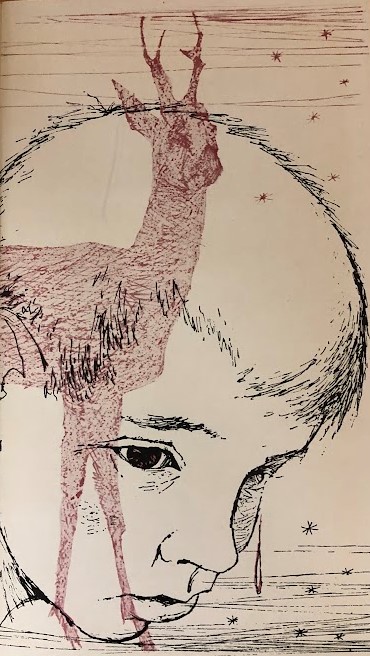This presentation gives some impetus to a re-reading of SEE literature by taking an Animal and Childhood Studies-inspired approach reflecting human-non human, but also human child-adult(-society) relations. I will focus on Romanian fictional texts that are, in large parts, canonical, and they all include scenes of children torturing animals. My argument concerning the topic is that it occurs too frequently for these scenes to be understood as individually used symbolism that can be interpreted uniquely in the literary work. Rather, I will show that the conflictual nature of the child-animal relationship must be seen as representative of family and social conflicts in the region of a larger kind. The canonization, which is indicated and can be evidenced by other texts up to the very present, gives new inputs to Animal Studies which reflect so far mainly the Western history of an increasing “civilized” human-animal relationship from the 18th century on. The research also challenges the existing interpretations of Romanian literature: Instead of applying aesthetic criteria, a thematic thread is followed with reflections on the social relevance of the topos. A closer look on both “disempowered and oppressed positions” (Feuerstein) that children and animals occupy in theory and society makes one wonder how greater harmony can be created in the future.
Valeska Bopp-Filimonov is a cultural historian with a regional focus on Romania. She holds a PhD in History from Leipzig University and has obtained a Magister degree in Cultural Studies. Her expertise is in recent history, biography research, history of and everyday life in communism; she currently works on Romanian literature and cultural history, semiotic landscapes and human-animal encounters in Romanian literature. Her affiliation is the Department of Romance Studies at Friedrich Schiller University Jena, Germany where she teaches students of Romanian and Southeasteuropean Studies.
